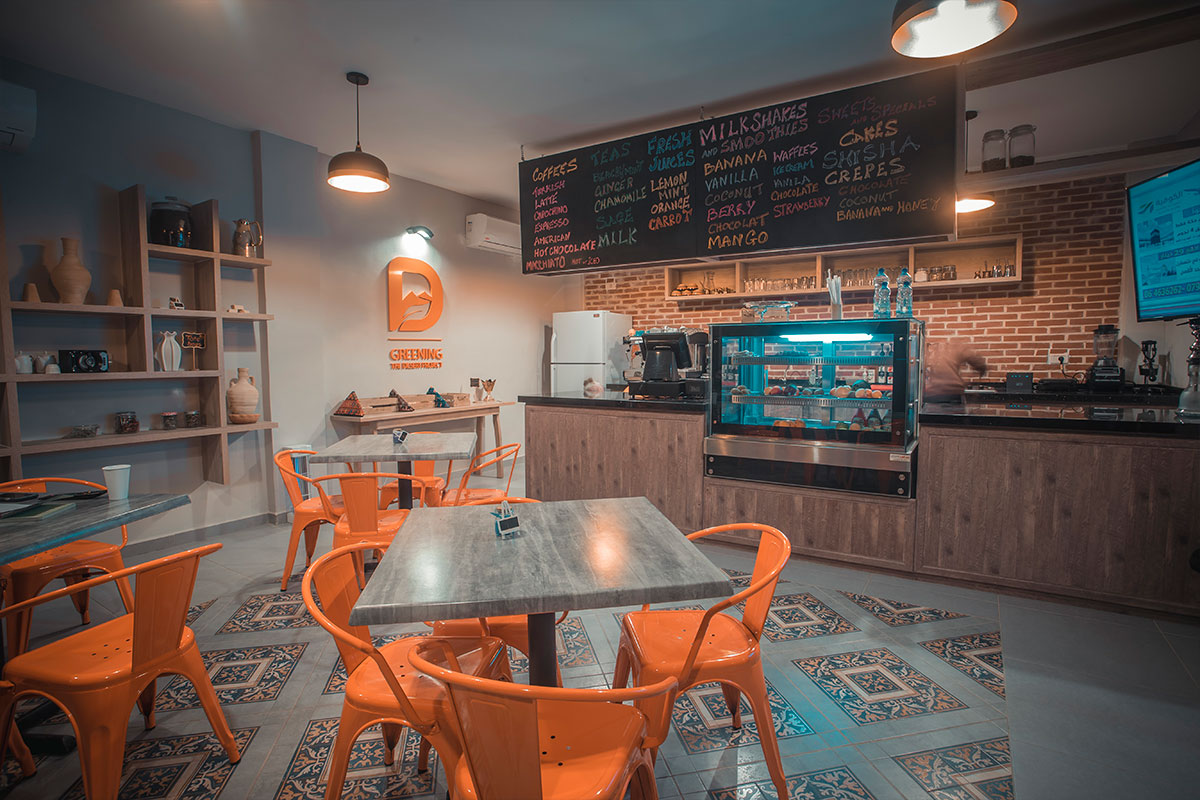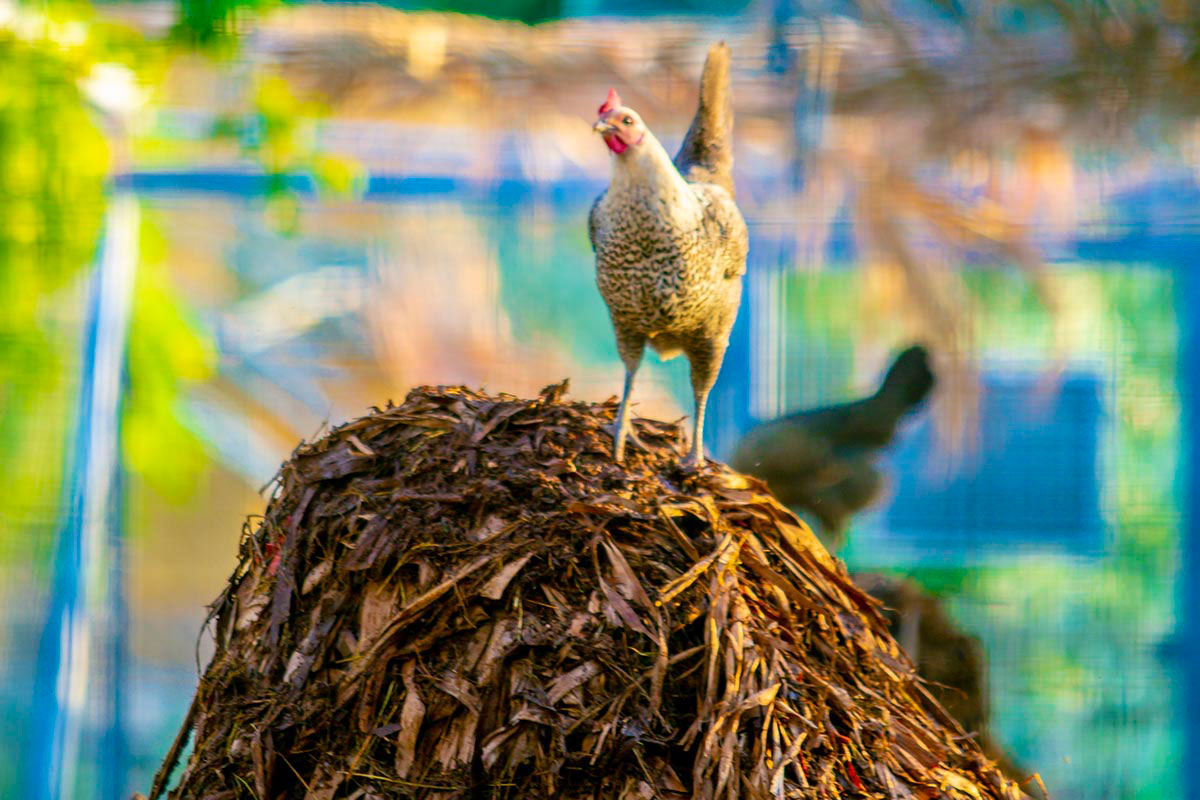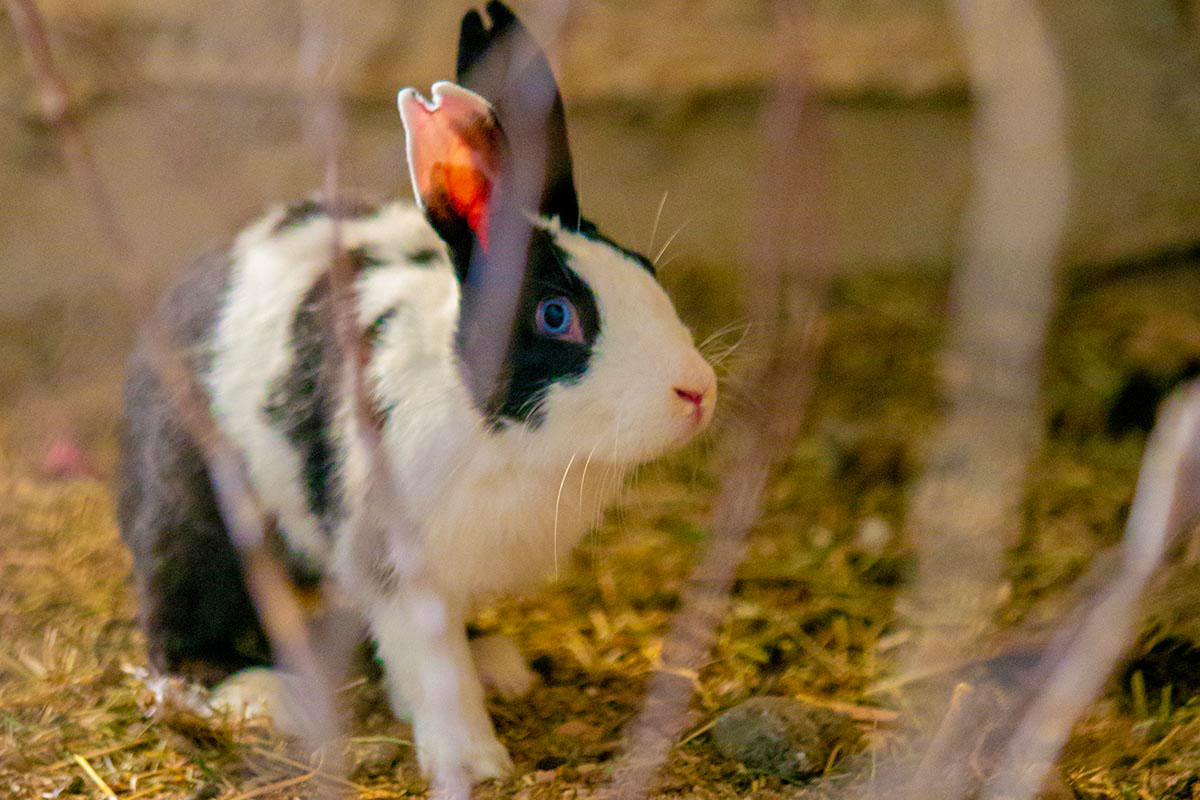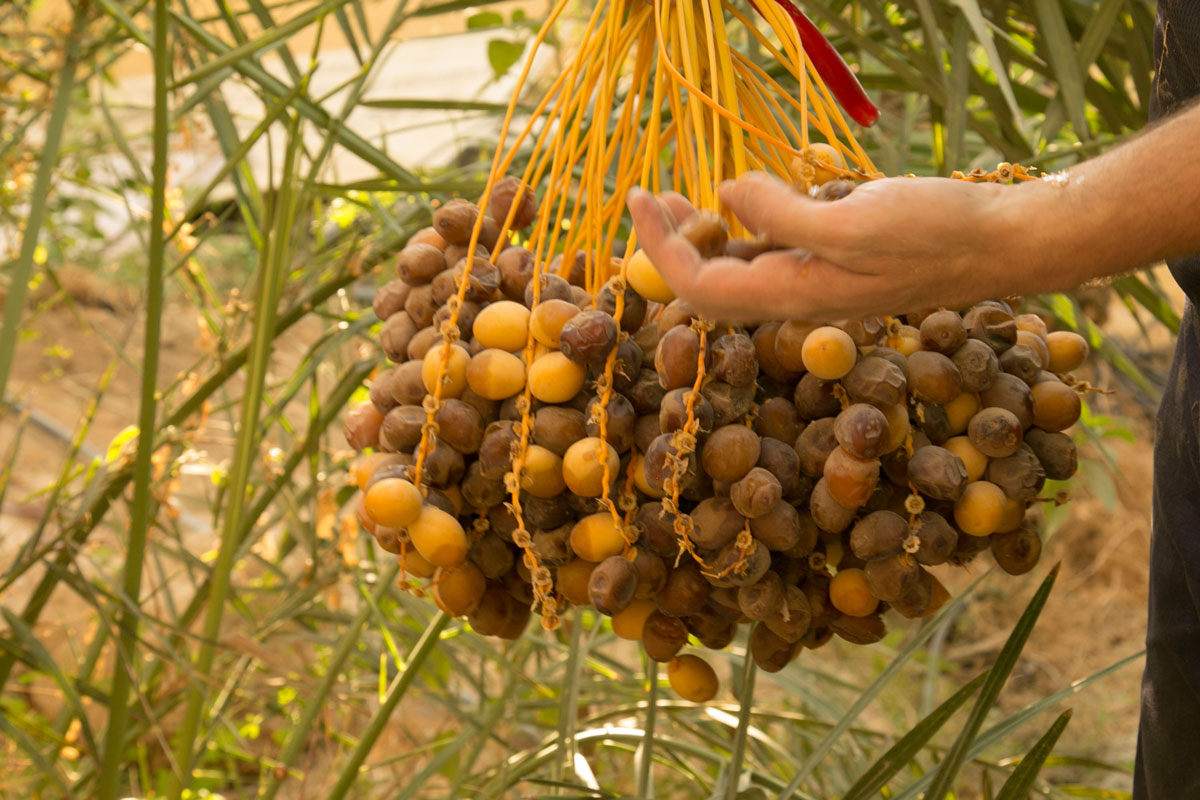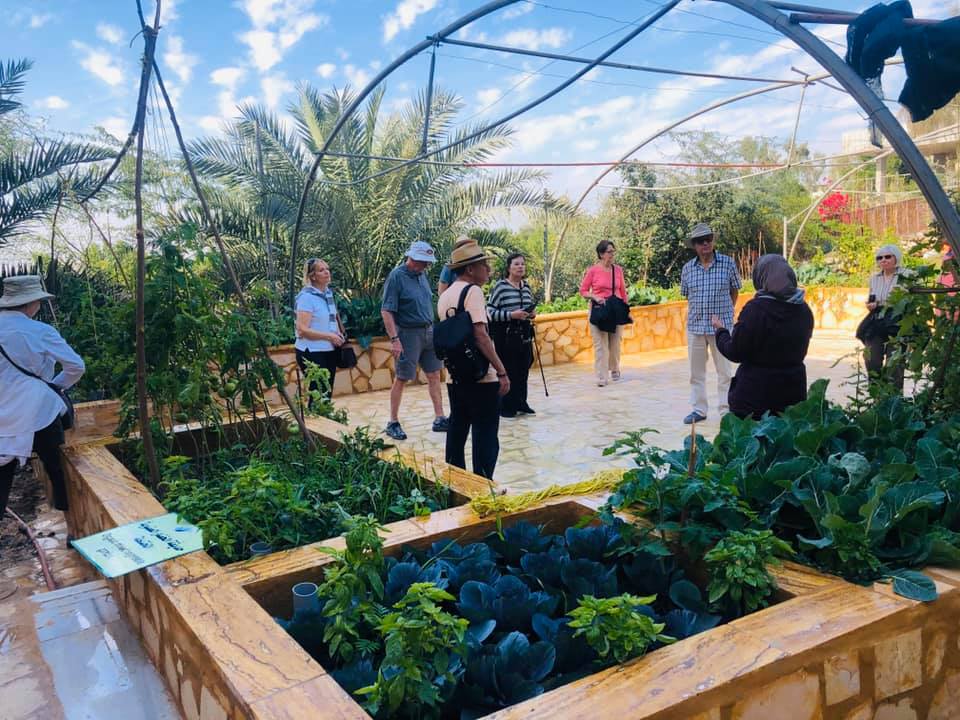Greening The Desert Project
INTRODUCTION
Over the past 10 years, the Greening The Desert Project demonstration site and education centre, which is located between the villages of Al Jawfa and Al Jawasreh in the Jordan River Valley, has exemplified the imperative impact of a permaculture integrated approach in an arid climate. Incorporating organic agricultural production, water and waste management, soil amelioration, renewable energies, environmental sustainability, and ecosystem diversity, it provides a unique model for self-sustainable farming.
Established on dry arid lands in an economically deprived area, the Greening The Desert Project site shows strong viability of small scale farming with low initial inputs and increased productivity for long term regenerative impact. These practices assure food security and nutrition for families thus contributing to the poverty reduction in vulnerable and deprived communities living in adverse climatic conditions.
CLIENT BRIEF
Over the years we have worked with various organisations to establish a permaculture education and demonstration site.
We have established water harvesting systems, solar energy systems, dry composting systems, grey water systems and expanded the buildings using natural building techniques.
Small domestic animal systems have been placed around the site, compost and compost tea brewing systems have been established and educational courses and workshops are run on a frequent basis for both local and international students.
SITE INFORMATION
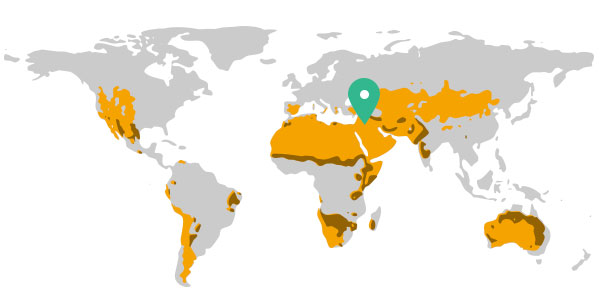
| COUNTRY | JORDAN |
| SIZE | 2.5 Acres |
| LONGITUDE | 2345678º |
| ELEVATION | -400m |
| RAINFALL | 100 – 200 ml / year |
| TEMPERATURE | 40ºC – 2ºC |
OVERIVEW MAP
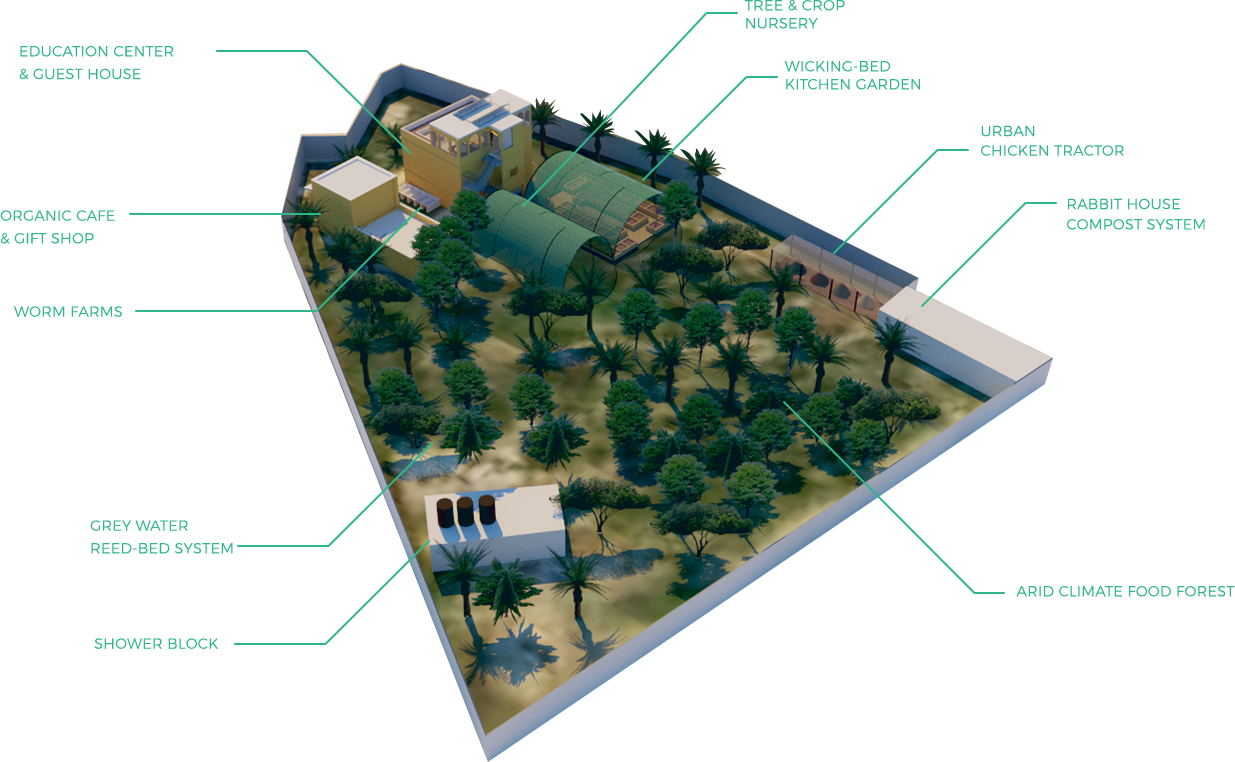
PROJECT HIGHLIGHTS
The Permaculture Cafe
A permaculture cafe with gift shop was established at the demonstration site. With a focus on people care the cafe has become a social hub for the local community. Being a pilgrimage site for those seeking to learn how to manage and sustain life in the dry lands the cafe has become the perfect spot for hosting and welcoming visitors. Local and organic food from the demonstration site is processed here, local women have a space to sell their products thus helping to generate income for local families.
Urban Chicken Tractor
Or the chicken tractor on steroids as we like to call it, helps to improve the soil at the site. The chickens are a major part of the composting system. They recycle the food scraps and harvest Dupree while deploying 1.5m3 of high quality compost to the garden every week!
.
Rabbits for
food production
We all know how quickly rabbits can breed. This makes for a very practical food production system on the small site. Furthermore the rabbits are housed in strategic positions so that their droppings directly feed the compost worm farms thus assisting with the creation of organic fertiliser.
Arid Climate
Food Forest
The food forest with stone walls and earth-backed swales hosts a wide variety of edible and medicinal plants. From olives to moringa, bananas, tomatoes and potatoes you’d be surprised by what we are successfully managing to grow in the desert.
Wicking Bed
Kitchen Garden
The wicking beds are nicely dressed up in tile. There is a four-bath reedbed system on the western wall to clean up greywater from the organic café’s sinks and water the vine crop that shades the western wall. The beds ultimately feed a newly installed banana circle. We now have a rather productive kitchen garden.
Most of what I eat comes from my garden. Geoff taught us a lot of lovely things. He taught us how to work with nature, not against it
– Alba Abu ElHajj
NEIGHBOUR TO THE PROJECT SITE
RESULTS AND OUTPUTS
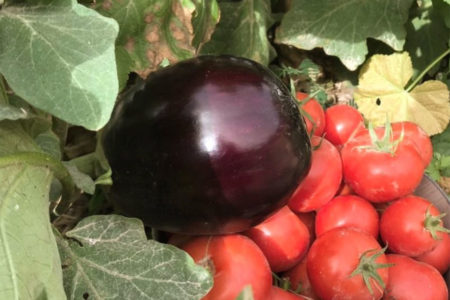
Local Food Security
The site has been designed for maximum continuous food production with the minimum input of labour, materials and structures. It also encourages more local families to build their own food production capabilities on the small amount of land around their property
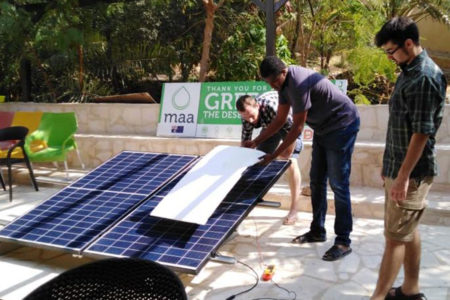
Off Grid Solar Energy
Your content goes here. Edit or remove this text inline or in the module Content settings. You can also style every aspect of this content in the module Design settings and even apply custom CSS to this text in the module Advanced settings.
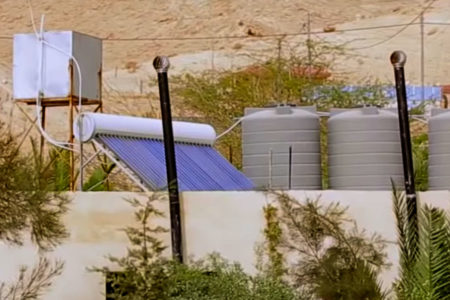
Smart Water Solutions
Rainwater harvesting, swales on contour, grey water/gravel reed bed systems and dry composting toilets are some of the smart water systems in use on the project site.
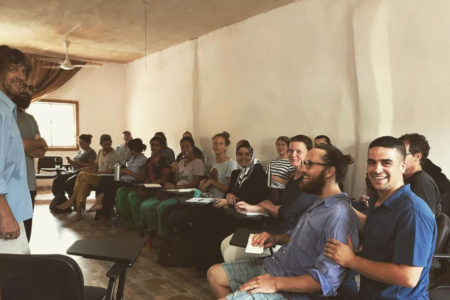
Self Funding
On-site cafe and gift shop, bed and breakfast accommodation, permaculture courses, site visits and workshops are some of the initiatives that allow the project to self fund.
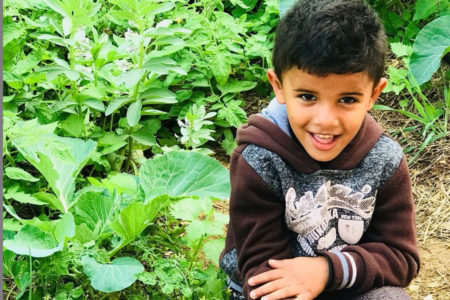
Social Impact
Local permaculture groups have formed and members of the village are now implementing energy saving and food production systems on their own properties.
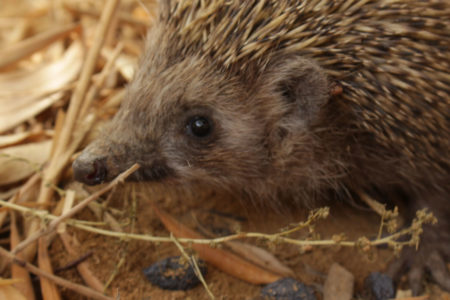
Ecological Impact
The local ecology has improved. Their is now more diversity in the area and an increase in local wildlife has been clearly visible.


